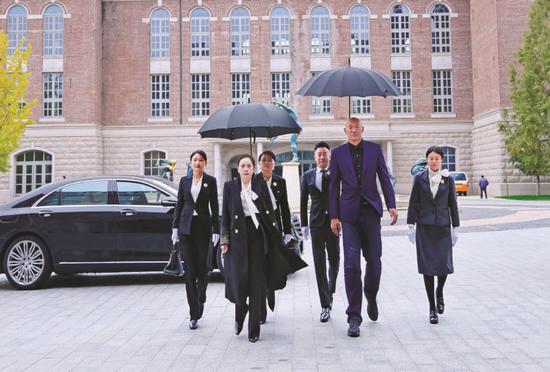
Butler management company Meiyinghui Butler organizes a practical training session on risk management in Beijing in October. (CHINA DAILY)
High-net-worth families in China are showing a growing demand for private butlers, and working as a butler has become a career choice for an increasing number of college graduates, and those who have studied abroad, industry players found.
Private butlers mostly provide services for families whose heads of household work as corporate leaders or celebrities, including many foreigners who work in China.
China's high-net-worth population is growing and becoming increasingly younger, and many of them have studied or lived abroad. So it is easier for them to embrace the concept of private butler services. Such a trend has fueled the professional market of private butlers in China to experience a rapid growth.
"Private butlers usually act as senior life consultants for their employers' core family management issues. They can live at their employers' home or not. For our butlers, about 70 percent of them are females," said Zhang Ran, founder and president of Meiyinghui Family Service Co Ltd, a Beijing-based butler management company.
"The butlers we hire are mainly those aged between 28 and 48, and many of them studied abroad and have master's degrees. They graduated in different majors such as hotel management, human resources management, education and nursing care," Zhang said.
She added that the average salary of a private butler is about 400,000 yuan ($55,000) annually, and the salary ranges from 200,000 yuan to 800,000 yuan a year. The salary level has attracted many people to engage in this profession.
Unlike ordinary housekeeping service personnel, private butlers usually need to understand about advanced family affairs, children's educational planning, risk management and other knowledge such as nutrition, luxury products and cooking of various cuisines.
In Beijing, the city has a high demand for private butler services, and there are at least five butler management companies. In addition to major cities such as Beijing, Shanghai and Guangdong province's Guangzhou and Shenzhen, more well-to-do families from second and third-tier Chinese cities have shown growing demand for such services.
Unlike English-style butlers, high-net-worth individuals in China have more specific and tailored demands and they would like some services that cater to the Chinese culture and different family members.
For instance, butlers usually need to know about different washing and ironing standards of different clothes, as well as knowledge about luxury products, wines and cigars — including wine opening, product areas and grape varieties of a specific kind of wine. In addition, butlers need to master skills such as risk response and first aid dressing.
Zhu Zhe, a young female who has worked for more than five years as a private butler for two families in the capital, graduated from Hebei University as an English major. Zhu said she used to manage a team of five staff members at a family, including three cleaners, a driver and a chef.
"In my daily routine, I was responsible for preparing the daily menus and selecting ingredients for the family feasts. I also helped make plans for family travel, booking flights and hotels. My other responsibilities sometimes included accompanying my employer on outings and responding to family emergencies," Zhu said.

Former Chinese taekwondo athlete Liu Xiaobo acts as the general director for a risk management training session organized by Meiyinghui Butler in Beijing in October. CHINA DAILY
Founded in 2013, Meiyinghui said butler services have become increasingly common in China since 2015. The company currently manages about 1,000 butlers, and private butlers usually need to go through a training session that lasts about three to five months before starting work.
The COVID-19 pandemic didn't have an impact on demand for private butlers, and the supply has been falling short of demand over the past two to three years, Zhang said.
Zeng Jingjing has been a trainer for private butlers for two years. She studied in Melbourne and majored in business English, having worked for many years in the training sector.
"This is a sunrise sector. Private butlers usually work long term for their employers. They tend to work for at least two to three years for the same family," Zeng said.
Meanwhile, the market size of China's domestic service industry has exceeded 1 trillion yuan, with over 30 million employees, but the shortage of high-quality domestic service personnel is particularly prominent, said the National Development and Reform Commission during a recent news conference.
It is estimated that there is a shortage of over 20 million domestic workers in China. The demand for household services is no longer limited to daily chores, as online shopping and food deliveries have made it increasingly convenient for consumers, and they have indicated demand for higher-level specialized services.
For instance, demand for pet care, medical services, cultural life planning services, and other responsibilities has significantly increased, industry reports found.
So far, colleges such as Jilin Agricultural University and Hebei Normal University have established majors in home economics, while highly educated individuals who choose to major in home economics do not necessarily need to become household service personnel.
The demand for positions such as home economics managers, community service managers and project managers accounts for nearly half of the market demand, while home economics lecturers and professional teachers at vocational colleges account for 25 percent of the market demand, according to the Henan Home Service Association.
In another development, the Ministry of Human Resources and Social Security included some 20 new occupations on the national occupational classification list in late July, and those jobs included livestreaming anchors, cloud network intelligent operation and maintenance personnel, and user growth operations specialists.
Among the newly added occupations, more than half have been closely related to new quality productive forces, and those new professions have been a reflection of the diversification and new demands in people's lives.
Other new professions include cultural and creative product planning and operational specialists, oral hygiene technicians and ski rescue personnel. And some new types of work include elderly bath assistants and leisure campsite butlers.
Recognizing new professions ahead of the curve will be beneficial to cultivate new employment growth points and expand job seekers' career development paths, the ministry said.
"The new professions we recognized are not newly emerging or created jobs. They refer to those professions that are not yet included in the dictionary, but have a certain scale of practitioners and require relatively independent and mature professional skills," said Wang Xiaojun, an official at the ministry.








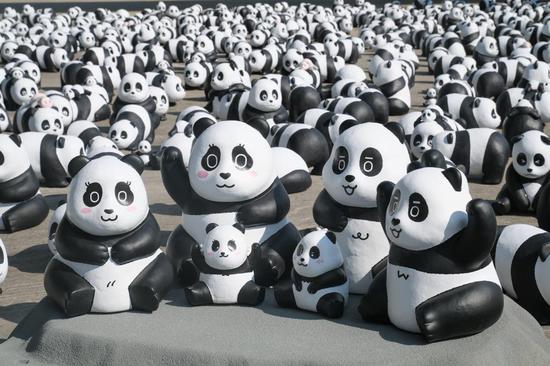




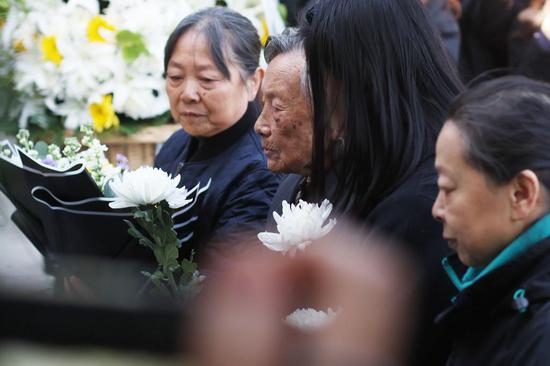

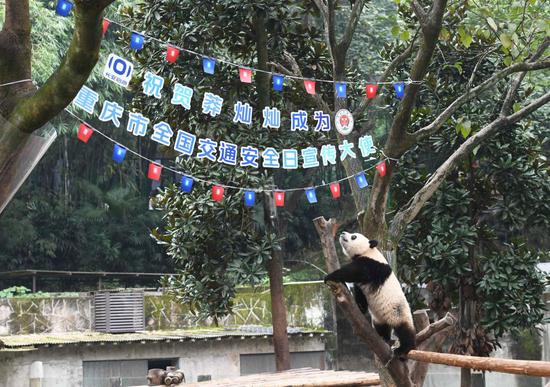


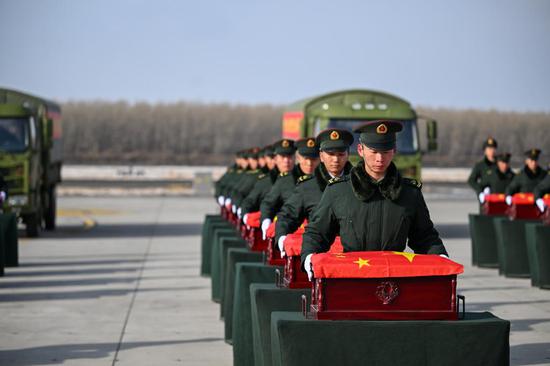











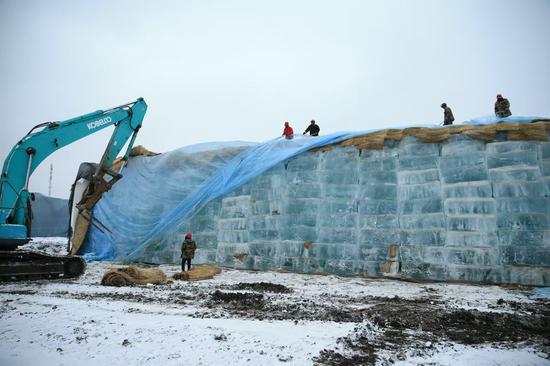
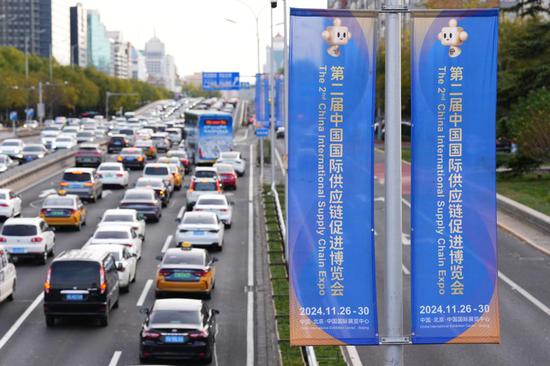








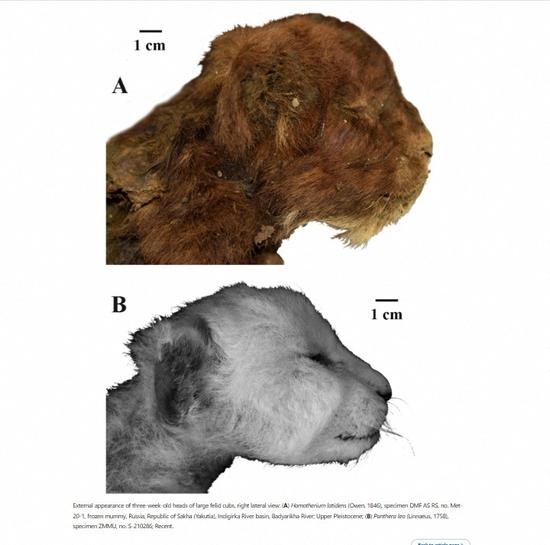







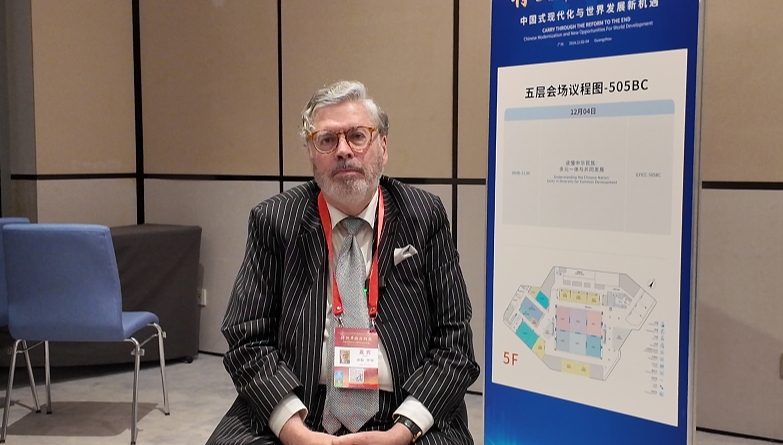

 京公网安备 11010202009201号
京公网安备 11010202009201号